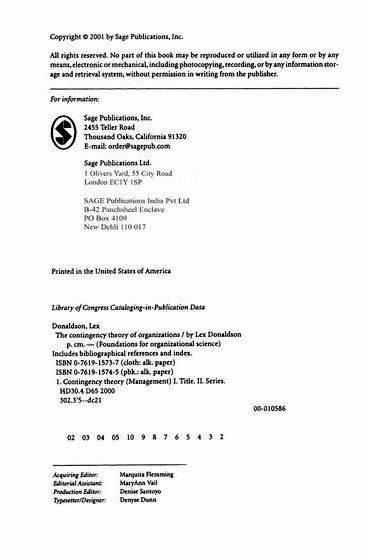Pfeffer and Sutton on Leadership
[L]eaders can and do make an important difference in organizational and group performance, although the effects are not as large as usually assumed nor as important as many other factors. It seems clear that leaders have some chance of making things somewhat better, but they can also make things much worse. This all suggests that avoiding bad leaders may be a crucial goal, perhaps more important than getting great leaders. [Emphasis added]
This refreshingly unheroic view of leadership dovetails nicely with Pfeffer and Sutton’s thesis that we tend to assign more credit and blame to leaders for their organization’s performance than they actually deserve. Constraints unseen by outside observers and cognitive shortcuts that cause us to view leaders symbolically are among the factors that inflate our view of a leader’s real influence.
But despite these misperceptions, leadership can make a difference, and Pfeffer and Sutton have a short checklist to help leaders be as effective as possible:
What Should Good Leaders Do?
1. Everyone expects leaders to matter a lot, even as they have limited actual impact. Leaders need to act as if they are in control, project confidence, and talk about the future, even while recognizing and acknowledging the organizational realities and their own limitations.
2. Because leaders succumb to the same self-enhancement tendencies as everyone else, magnified by the adulation they receive, they have a tendency to lose their behavioral inhibitions and behave in destructive ways. They need to avoid this trap and maintain an attitude of wisdom and a healthy dose of modesty.
3. Because the desirability of exercising total control is itself a half-truth, effective leaders must learn when and how to get out of the way and let others make contributions.
Sometimes the best leadership is no leadership at all.
4. Leaders often have the most positive impact when they help build systems where the actions of a few powerful and magnificently skilled people matter least. Perhaps the best way to view leadership is as the task of architecting organizational systems, teams, and cultures—as establishing the conditions and preconditions for others to succeed.
Pfeffer and Sutton believe that the application of these principles is essential to starting and maintaining a leadership control cycle:
The cycle begins when leaders talk and act as if they are in control, persuading key players that they have a strong impact on the organization. When changes happen to the organization, these changes are attributed to the leaders. The leaders believe they actually helped shape these changes, which gives them added confidence to complete the cycle and talk and act even more persuasively. Confidence thus becomes self-fulfilling, setting in motion behaviors that in fact make things better, whereby the leaders’ confidence is justified.
which is a much more thorough way of saying, Perform the acts of faith, and faith will come , the essence of St. Ignatius Loyola’s Spiritual Exercises. written in the 1520s. Management secrets of the 16th century, only at edbatista.com.





 Pour ou contre lavortement dissertation proposal
Pour ou contre lavortement dissertation proposal Our barbies ourselves thesis proposal
Our barbies ourselves thesis proposal Masters theology student thesis proposal
Masters theology student thesis proposal Online education essay thesis proposal
Online education essay thesis proposal Export marketing plan thesis proposal
Export marketing plan thesis proposal






